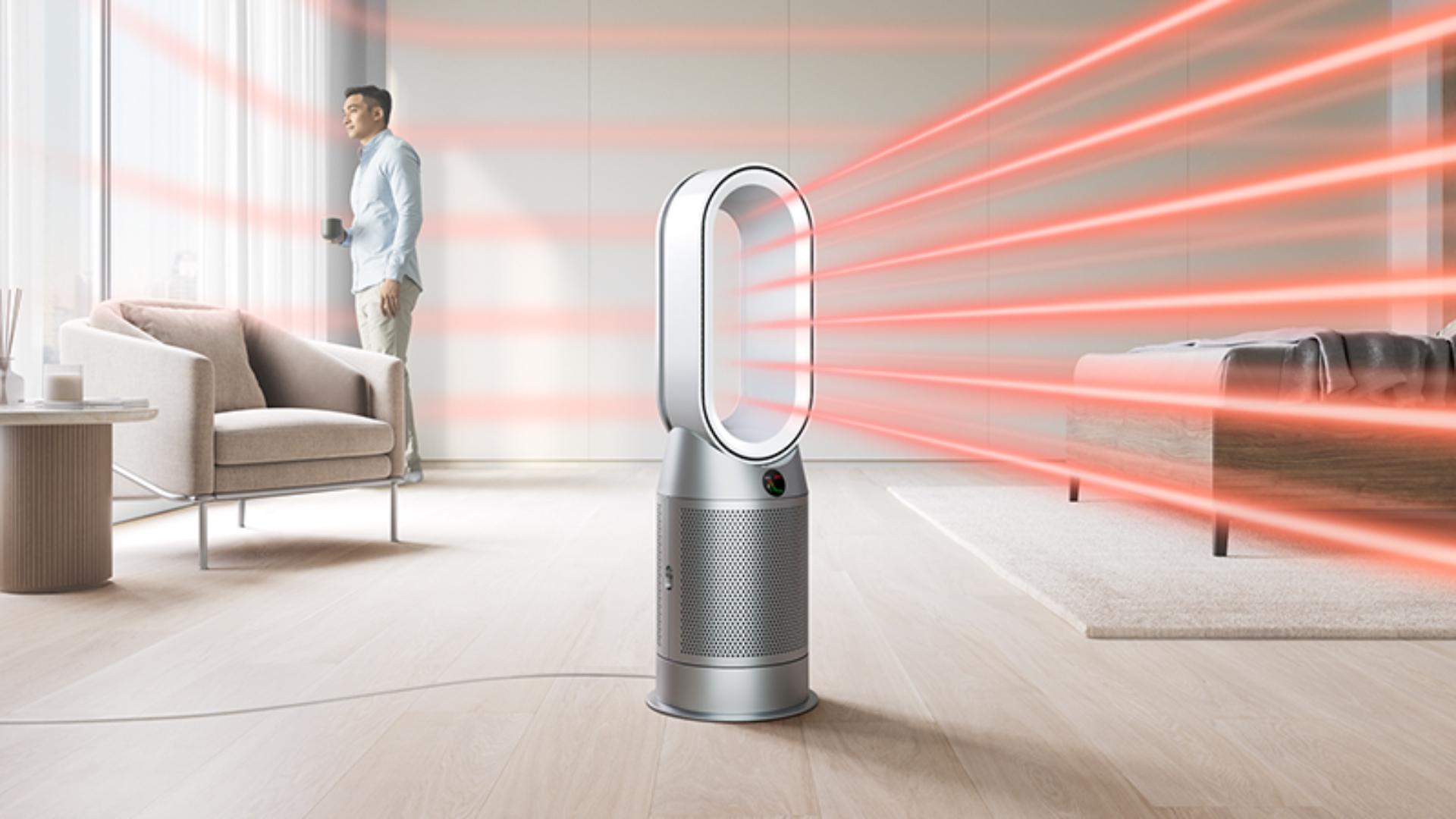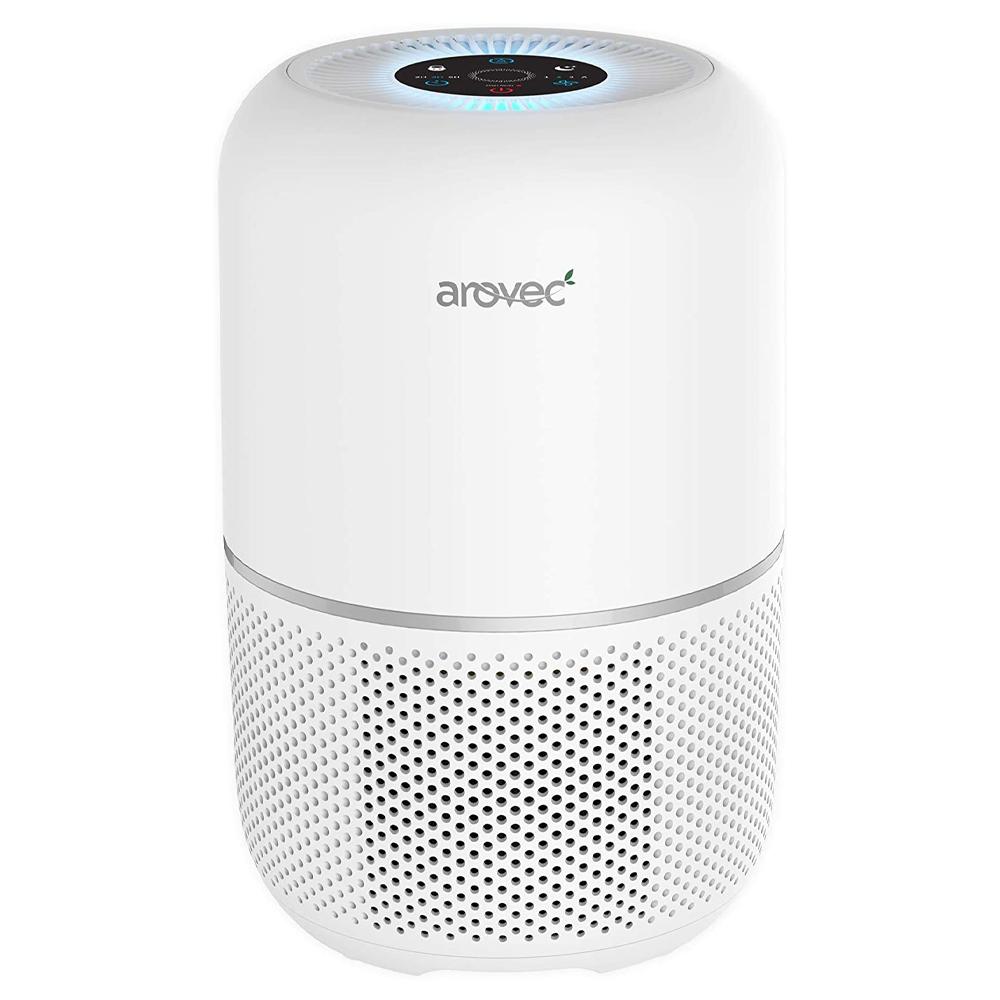Featured
Table of Contents
- – Understanding Allergies and Triggers
- – Can Air Purifiers Assist With Allergies?
- – The Science Behind Air Purifiers and Allergies
- – Are Air Purifiers Right for You? Aspects to T...
- – Maximizing Air Purifiers for Allergies
- – Beyond Air Purifiers: A Multi-Pronged Techniqu...
- – Living a Breath Easier Life with Allergies

For allergy victims, springtime blossoms and fluffy pet dogs can bring more sniffles and sneezes than happiness. Indoor irritants like allergen, pet dog dander, and pollen can damage your breathing system, leaving you really feeling unpleasant. Air cleansers are frequently proclaimed as a remedy, appealing cleaner air and remedy for allergic reaction signs and symptoms. Are air cleansers genuinely worth the financial investment for allergic reaction patients? This extensive overview checks out the scientific research behind air purifiers, their performance for allergies, and the variables to take into consideration when making a decision.
Understanding Allergies and Triggers
To comprehend the duty of air purifiers, let's very first explore allergic reactions and their triggers:
- The Allergic Reaction: Allergies take place when your immune system overreacts to a safe substance, like pollen or dust termites. This reaction causes the launch of histamines, triggering allergy signs like sneezing, coughing, scratchy eyes, and a runny nose.
- Typical Irritants: Indoor allergens consist of dirt mites, pet dander, mold and mildew spores, pollen that drifts indoors, and also cockroach irritants. These air-borne bits can aggravate your respiratory tracts and cause allergy symptoms.
Can Air Purifiers Assist With Allergies?
Air purifiers function by pulling in air, filtering system out pollutants, and releasing cleaner air back into the space. Below's how they can potentially profit allergic reaction patients:
- Capturing Irritants: HEPA (High-Efficiency Particulate Air) filters, a typical type used in air purifiers, are very efficient at catching air-borne irritants like dirt termites, animal dander, and plant pollen. By eliminating these triggers from the air you breathe, air cleansers can help in reducing allergic reaction symptoms.
- Improved Air Top Quality: Air cleansers can likewise eliminate various other toxic irritants from the air, such as smoke, dust, and unstable organic compounds (VOCs) This general enhancement in air quality can be helpful for allergy sufferers that are delicate to these added triggers.
The Science Behind Air Purifiers and Allergies
Research studies have revealed that air purifiers can be helpful in decreasing allergic reaction symptoms. Here's a consider some crucial research study findings:
- A 2019 testimonial published in the journal "Present Allergic reaction and Bronchial asthma Records" concluded that air cleansers with HEPA filters can be reliable in reducing allergy signs and symptoms and boosting high quality of life for people with allergic rhinitis (hay high temperature)
- A 2018 research released in the journal "Annals of Allergic Reaction, Asthma & Immunology" discovered that making use of an air purifier with a HEPA filter in the bed room substantially minimized dust mite irritant levels and enhanced rest top quality in people with bronchial asthma.
Nevertheless, it is necessary to keep in mind that research additionally recommends some restrictions:
- Air Purifier Protection: Air cleansers are most reliable in the area where they are positioned. Their influence on allergens in other parts of your house could be marginal.
- Seriousness of Allergies: While air cleansers can assist, they might not be a complete option for severe allergies. Medications and other allergy administration techniques may still be required.
Are Air Purifiers Right for You? Aspects to Take Into Consideration
Below are some key factors to consider when deciding if an air purifier is worth it for your allergies:
- Extent of Allergies: If your allergic reactions are light and well-controlled with medication, an air purifier may not be necessary. Nonetheless, for those with modest to serious allergic reactions, an air purifier can be a valuable device in handling signs and symptoms.
- Sorts of Allergens: Consider the main triggers for your allergic reactions. Air cleansers are most reliable for air-borne irritants like dust mites, pet dander, and plant pollen. They may not be as practical for allergens like mold and mildew that grow on surfaces.
- Lifestyle and Environment: If you have pet dogs, stay in an area with high plant pollen counts, or have issues about interior air quality, an air purifier can be beneficial.

Maximizing Air Purifiers for Allergies
If you make a decision to invest in an air purifier for allergies, here are some suggestions for optimizing its performance:
- Select a HEPA Filter: Search for an air purifier with a HEPA filter certified to catch fragments as little as 0.3 microns.
- Right Dimension for the Area: Make certain the air purifier has a Clean Air Shipment Price (CADR) that appropriates for the dimension of the room you plan to utilize it in.
- Positioning Matters: Place the air purifier in the room where you invest one of the most time, such as your bed room.
- Normal Filter Maintenance: Change HEPA filters according to the supplier's instructions to preserve optimal performance.
- Integrate with Various Other Approaches: Air purifiers are not a one-size-fits-all solution. Combine them with other allergic reaction monitoring approaches like medication, normal cleaning, and allergen-proof bedding.
Beyond Air Purifiers: A Multi-Pronged Technique to Allergic Reaction Monitoring

While air cleansers can be an important tool in your allergic reaction arsenal, they are not a magic bullet (If you're looking to buy an Air Purifier then Air Cleaners Australia is the best destination.). An extensive method that integrates air filtration with other techniques is vital to attaining long-term allergy alleviation. Here are some additional methods to consider:
- Drug: Antihistamines, decongestants, and nasal corticosteroids, recommended by your physician, can successfully handle allergic reaction symptoms.
- Allergy Testing and Immunotherapy: Determining your specific irritants with allergy testing can pave the way for immunotherapy, a treatment that helps desensitize your body immune system to allergens over time.
- Air High Quality Administration: Normal cleaning with a HEPA-filtered vacuum cleaner and allergen-specific cleansing items can substantially minimize allergen, pet dander, and other allergens in your house.
- Managing Moisture: Mold and mildew grows in moist atmospheres. Utilizing a dehumidifier can help regulate humidity levels and stop mold and mildew growth, a typical indoor irritant.
- Way of life Adjustments: If you have allergies to plant pollen, staying indoors throughout optimal pollen seasons and showering after hanging out outdoors can aid minimize direct exposure.
- Bed linen and Surfaces: Framing cushions and cushions in allergen-proof covers can significantly minimize allergen exposure. Routinely washing bedding in warm water aids eliminate allergens.
Living a Breath Easier Life with Allergies
Keep in mind, taking care of allergic reactions is a continual procedure. By recognizing your triggers, executing a multi-pronged method, and possibly including an air purifier into your strategy, you can significantly decrease allergy signs and take a breath much easier.
Added Factors To Consider:
- Consulting a Physician: If your allergies are serious or not well-controlled with drug and way of living adjustments, speak with an allergist for tailored referrals.
- Air High Quality Tracking: Consider using an air quality screen to track allergen levels in your home and change your administration strategies as necessary.
- Long-Term Investment: A top quality air purifier can be a lasting investment in your wellness and wellness.
By taking a proactive approach and embracing a combination of these strategies, you can create a healthier and allergy-friendly setting, allowing you to delight in a breath less complicated life.
Table of Contents
- – Understanding Allergies and Triggers
- – Can Air Purifiers Assist With Allergies?
- – The Science Behind Air Purifiers and Allergies
- – Are Air Purifiers Right for You? Aspects to T...
- – Maximizing Air Purifiers for Allergies
- – Beyond Air Purifiers: A Multi-Pronged Techniqu...
- – Living a Breath Easier Life with Allergies
Latest Posts
Are Yeti Rambler Tumblers Built For Dishwasher Durability? Things To Know Before You Get This
Comprehending the Transition: Why Pymble is Phasing Out Gas
About Is It Safe To Put Yeti Ramblers In The Dishwasher?
More
Latest Posts
Are Yeti Rambler Tumblers Built For Dishwasher Durability? Things To Know Before You Get This
Comprehending the Transition: Why Pymble is Phasing Out Gas
About Is It Safe To Put Yeti Ramblers In The Dishwasher?